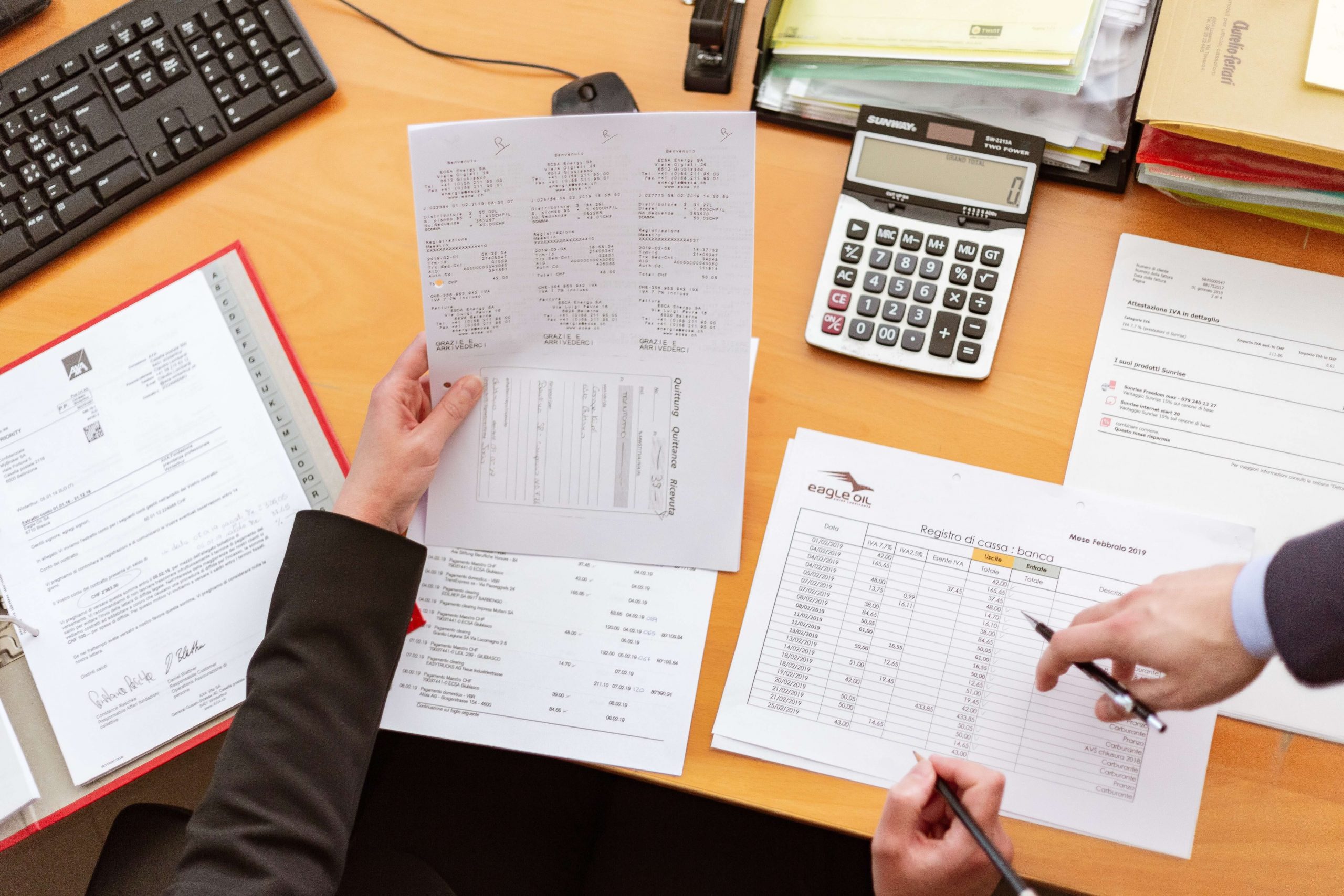Students interested in completing a master’s degree in a business-related field have the opportunity to choose from many available educational paths. The most well-known business master’s degree is the Master of Business Administration (MBA), and there are specialized degrees in accounting, finance, management, and even leadership.
This article will explain what these two degrees are and the key differences between the two.
What Is a Master’s in Accounting Degree?

A master’s in accounting helps students develop practical and advanced accounting skills and business strategies to succeed in their chosen accounting or financial career. Most graduates of a master’s in accounting program become accountants or Certified Public Accountants (CPAs).
If you plan on taking the CPA exam, having a master’s degree is a necessity. When you pass the exam, you can then practice public accounting.
These accountants go through regular collection and review of clients’ financial records. Still, among those tasks, other responsibilities include estimating the costs of business operation, ensuring taxes are paid and processes are optimized and making sure the organization understands its financial transactions’ impact.
What Is a Master of Business Administration Degree?

Students in a Master of Business Administration degree program learn about business trends and theories and are challenged with complex real-world problems. Through these learning methods, students become familiar with subjects and strategies such as management, globalization, technology, and forecasting. Along the way, they become experts, equipped to lead organizations and teams.
MBA programs can offer various concentrations in specific business aspects such as Entrepreneurship, Global Affairs, Economics & Finance, etc. These specializations tend to help graduates stand out when they venture into the labor market. MBA degrees are usually targeted to ambitious business professionals seeking to advance their careers.
MBA or Masters in Accounting: Key Differences

When we’re talking about similarities, both programs focus on financial proficiency, which in turn can lead to similar careers, including C-suite roles.
Accounting is a more specific degree, with a primary focus on the field of accounting and preparing students for the CPA exam. In contrast, an MBA offers the choice of multiple different concentrations within and outside of the financial industry.
Furthermore, here are the key differences between these two master’s degrees.
Prerequisites
To qualify for MBA programs, one should have a bachelor’s degree in any field in an accredited institution. Admissions usually evaluate GPA & entrance exams, previous work experience, and some boards may take internships into account.
As per master’s accounting programs, students should hold a bachelor’s degree in accounting or related fields and have a satisfactory GPA. Students without experience in professional accounting can often enroll in an accounting master’s program. However, students will need to complete prerequisite courses such as statistics, managerial accounting, federal tax accounting, and pre-calculus.
Curriculum

In the case of MBA degrees, they aim to provide a broad understanding of business in general while also focusing on a specific concentration. A Master in accounting degree, on the other hand, focuses on a discipline and offers an in-depth understanding while touching on other subjects.
During an MBA program, you’ll take classes in marketing, finance, operations, and management. In comparison, a master’s in accounting program develops expertise specialized skills in areas like taxation, data mining and auditing, forensic accounting, and organizational risk management.
Generally, an MBA takes approximately two years to earn, although that depends on the program and institution. On the other hand, a Master’s in accounting degree can be obtained in as little as one year. Whether you attend full-time or part-time also determines the amount of time it takes to complete a master’s degree. With busy professionals who can’t leave their jobs to attend school, the part-time online option is common. Depending on how many classes you take at a time, this format can take up to three years or more to complete.
Career Opportunities
While both an MBA and a master’s in accounting prepare students for leadership positions, the expertise and skills gained will help them excel in different roles.
An MBA program prepares students to solve business challenges at the highest levels across numerous specialties. Some roles which MBA graduates qualify for include:
- Marketing Manager
- Financial Manager
- Medical and Health Services Manager
- Management Analyst
- Chief Executive Officer (CEO)
The skills students gained in a master’s in accounting program qualify them for roles such as:
- Revenue Agent
- Forensic Accountant
- Management-Level Auditor
- Accountant
- Chief Financial Officer (CFO)
In the end, both degrees are beneficial, worthwhile, and promise good job opportunities. When deciding which degree to choose, students should consider what they want to do after they graduate. We hope to have helped clarify the similarities and differences between these two master’s degrees and what they entail. Good luck!
